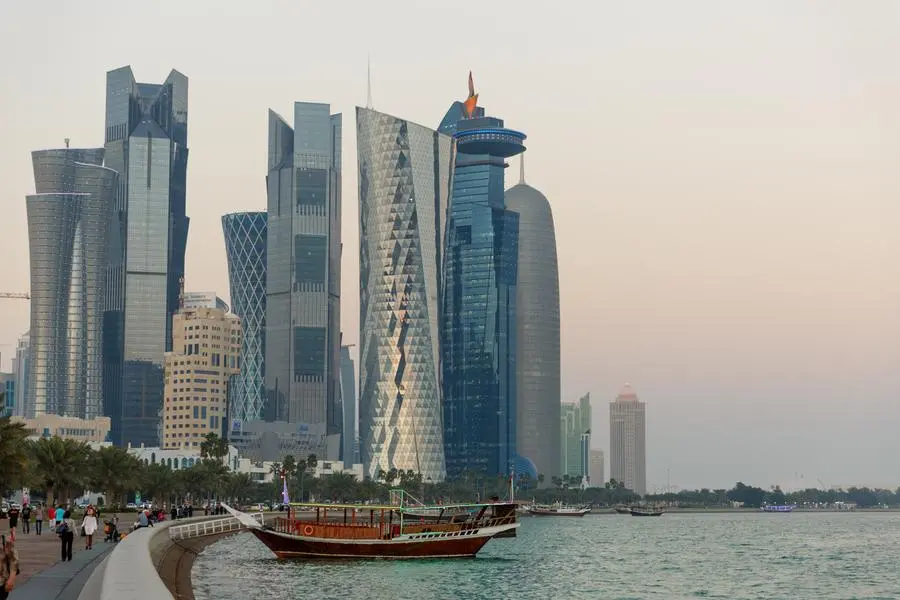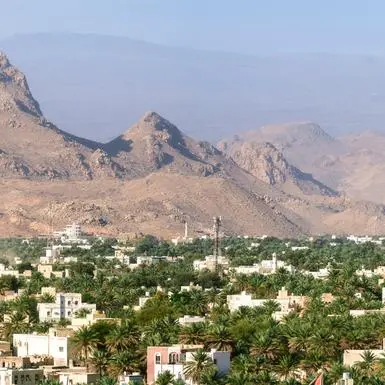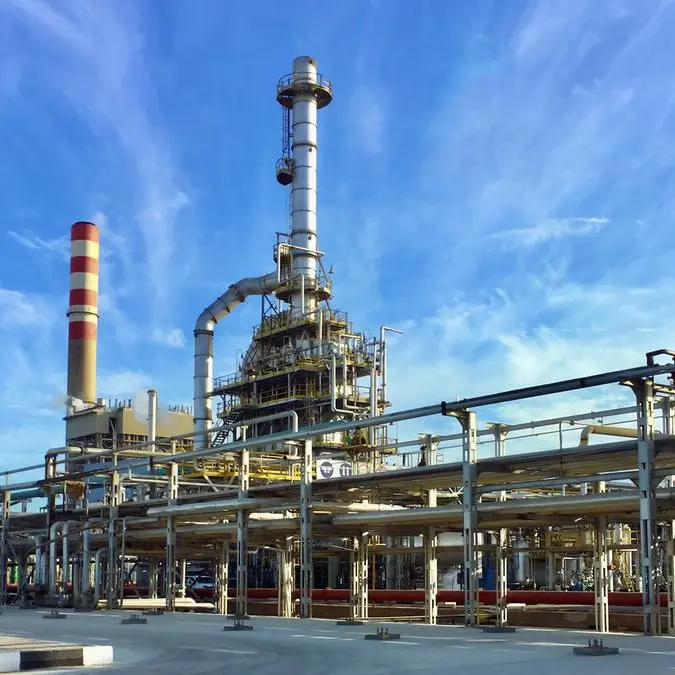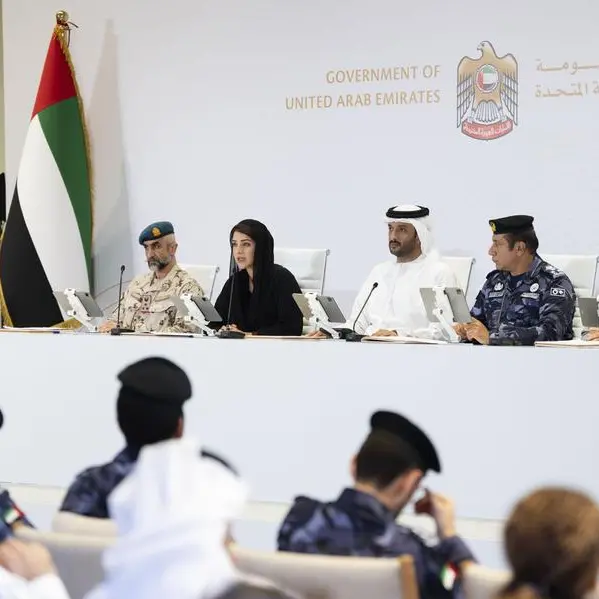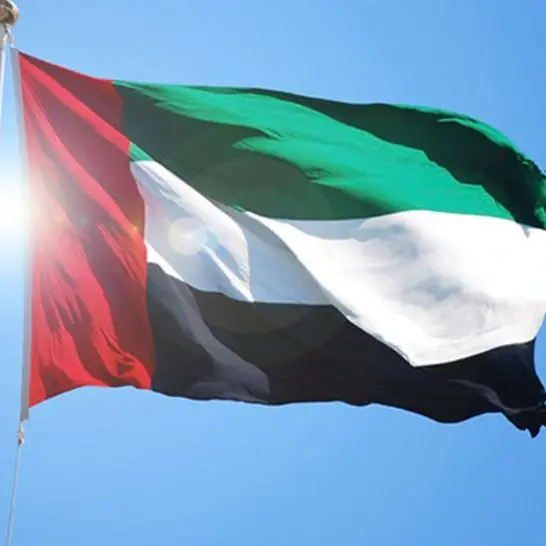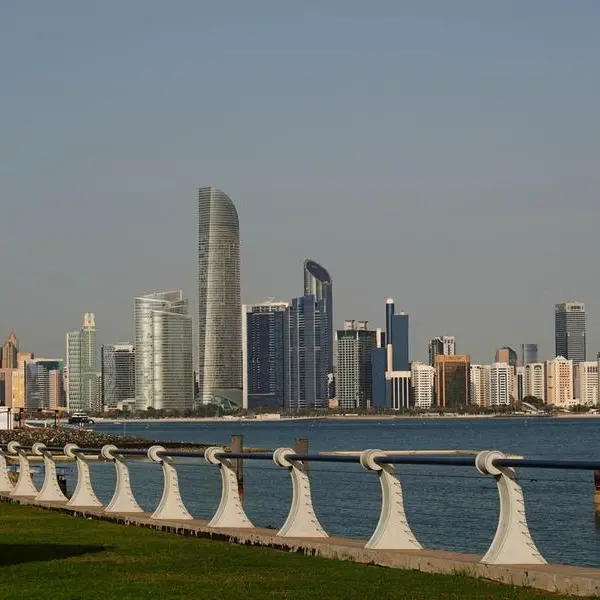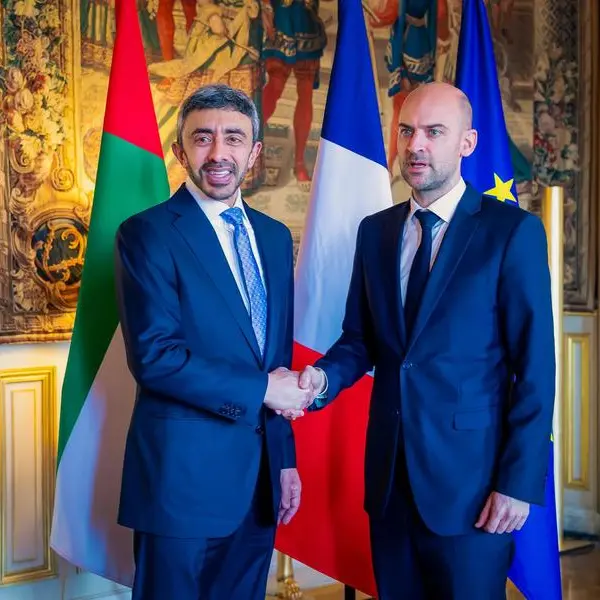PHOTO
Doha: Qatar, Saudi Arabia, and the United Arab Emirates are shifting towards “Economic diversification 2.0,” as Former Minister of Economy and Industry of Lebanon H E Nasser Saidi terms during a session at the 19th Korea–Middle East Cooperation Forum held on Monday.
Saidi emphasised the need to move beyond the infrastructure development, such as ports and airports which is Economic Diversification 1.0, to create sustainable job opportunities and ensure the long-term prosperity of the region. He also described the three countries as “Gulf Falcons.”
“Qatar, Saudi, and UAE are implementing what I call Economic Diversification 2.0. Economic Diversification is critical if you want to create jobs; Economic Diversification 1.0 was simply putting in place the infrastructure – the ports, the airports, and buildings, now you need to move beyond that to Economic Diversification 2.0. So, as that happens, you’ll see this emergence of the Gulf Falcons, which to my mind are going to be helping the rest of the region to develop.”
According to Saidi, these Gulf nations are poised to assist the broader region in its development efforts.
He underscored the importance of regionalised globalisation as a primary strategy for the countries in the region, and he highlighted the growing cooperation with Qatar as a key element in this strategy. ”Regionalised globalisation is I think a main strategy for the countries of the region and therefore cooperation with Qatar.” As part of this collaboration, comprehensive economic partnership agreements have already been put into action, including free trade agreements. Saidi predicted the likelihood of a game-changing free trade agreement between China and the Gulf Cooperation Council (GCC) by next year. This development could reshape trade dynamics and open doors to stronger economic ties with Asian counterparts, leveraging organisations like APEC, he explained.
Saidi proposed three measures to enhance the region’s institutions and stability. “The first one is to say to ourselves that the GCC is the fulcrum, they are the pivot, the main building block for Middle East stability and development.” Secondly, he advocated for the establishment of an Arab Bank for Reconstruction and Development. Lastly, he suggested the creation of a Gulf Security Council to enhance regional security architecture.
H E Saidi said a significant shift towards Asia in terms of trade and partnerships, highlighting the need for collective agreements and institutions.
“Big shift, tectonic shift, earthquake shift towards Asia, that means all our trade agreements are with Europe and the US – that has to change, you have to shift, you need the tools and partnership agreements, trade agreements, financial agreements, MOUs, but you need to do them as a block not country by country. Fourth idea, the Gulf Falcons are now emerging, rapid economic development, and new leadership, and I think this can change the region, regionalised globalisation, but you also have to build institutions, it’s not just about one decision or another decision, you need to build institutions.”
© Dar Al Sharq Press, Printing and Distribution. All Rights Reserved. Provided by SyndiGate Media Inc. (Syndigate.info).
